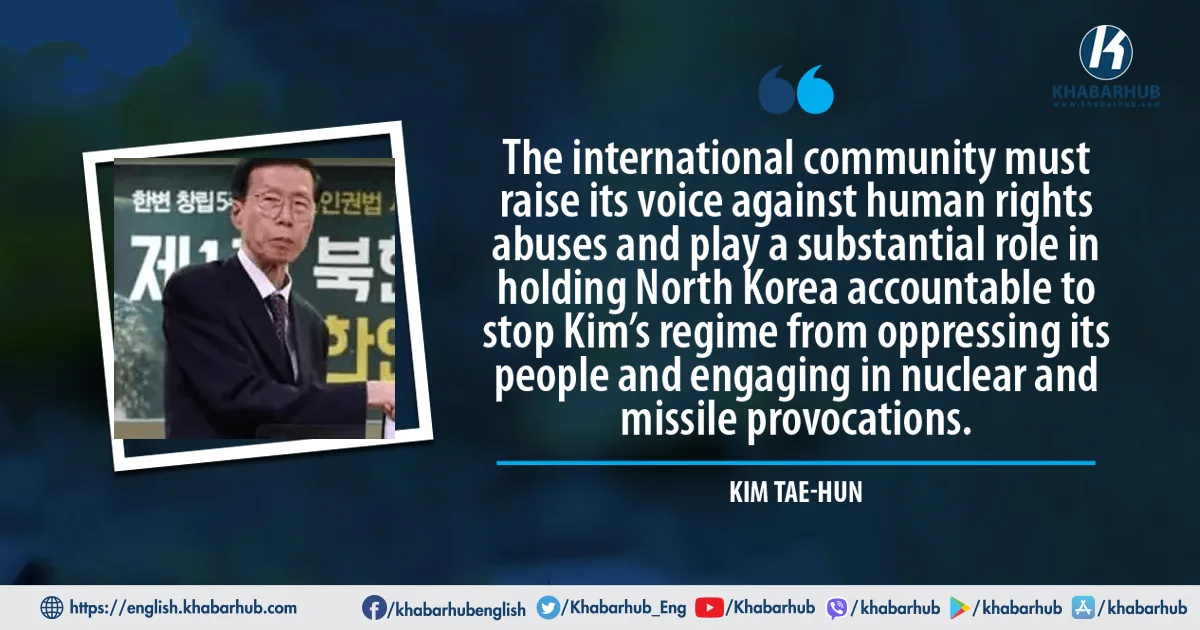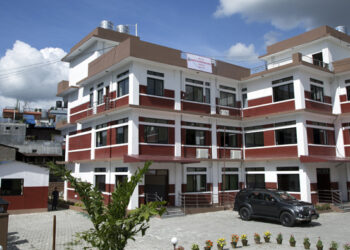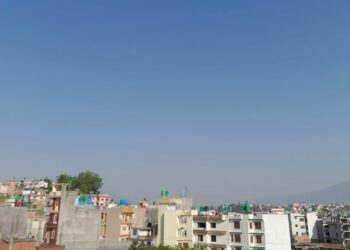Over seven occasions from May 28 to June 27, North Korea released approximately 2,500 trash-laden balloons en masse into South Korea, causing damage in some areas, including to vehicles.
These large balloons carried garbage such as cigarette butts, waste paper, plastic, and manure in large quantities sent southward.
Additionally, North Korea conducted GPS jamming attacks aimed at the South in the areas around the Northern Limit Line (NLL) in the West Sea for five consecutive days from May 29 to June 2.
These acts were retaliatory responses to North Korean human rights organizations sending leaflets into North Korea.
On May 29, Kim Yo-jong warned, “they will have to keep picking up (the trash balloons),” and threatened, “we will respond with dozens of times the amount of waste the South Koreans send us.”
This trend is probably the reason why North Korea, one of the most closed-off countries in the world, sees the leaflets sent by North Korean human rights organizations as a threat to Kim’s authoritarian regime.
These actions can only be described as petty and low-grade responses unimaginable for a normal country.
The various types of garbage in the waste balloons sent south under Kim Yo-jong’s orders reflect the level of the North Korean regime.
The release of trash balloons is an act below common decency that draws only international ridicule and isolation, starkly demonstrating that the North Korean regime is an illegal violent group that cannot be considered a legitimate state.
North Korea’s dispersal of trash balloons toward the south is a clear violation of the armistice agreement.
On May 30, the United Nations Command stated via Facebook, “sending a large number of balloons carrying waste that could harm local residents constitutes a violation of the armistice agreement. We are conducting an official investigation into this matter.”
The defense ministers of South Korea and the US also reaffirmed at the 21st Asia Security Summit (Shangri-La Dialogue) in Singapore on June 2 that North Korea’s release of trash balloons amounts to a breach of the armistice agreement.
The fact that the leaflets sent by North Korean human rights organizations contain daily necessities, medicines, US dollars, and other goods that are genuinely helpful to the North Korean people makes this recent act even more ludicrous.
North Korea’s irrational act of sending trash balloons stems from Kim Jong-un perceiving attempts by the international community to introduce information into North Korea, such as through leaflets, as a serious threat to the regime.
The entire international community, including the permanent members of the UN Security Council, must raise their voices against human rights abuses and play a substantial role in holding North Korea accountable to stop Kim’s regime from oppressing its people and engaging in nuclear and missile provocations.
However, efforts like distributing leaflets align with the recommendations of the UN COI, which has highlighted the mandate of the international community to provide information to the North Korean people.
Many North Korea experts share the common opinion that there are signs of external information being introduced through various channels in North Korea, and there is also a budding interest in South Korean culture.
This trend is probably the reason why North Korea, one of the most closed-off countries in the world, sees the leaflets sent by North Korean human rights organizations as a threat to Kim’s authoritarian regime.
Additionally, North Korea has enacted the Reactionary Ideology and Culture Rejection Law (2020), the Youth Education Guarantee Law (2021), and the Pyongyang Cultural Language Protection Law (2023) to further control and punish freedom of expression and access to information among its people, facts that the international community should be vigilant about.
Until now, North Korea has vehemently rejected international demands to improve the human rights situation, claiming that the rights of its people are purely internal matters and sovereign rights of the state, dismissing international calls for human rights improvements as politically motivated interference.
However, human rights are a matter of universal concern, so the international community must continue to discuss and address North Korean human rights issues actively to better the quality of life of the North Korean people and promote their freedom.
The entire international community, including the permanent members of the UN Security Council, must raise their voices against human rights abuses and play a substantial role in holding North Korea accountable to stop Kim’s regime from oppressing its people and engaging in nuclear and missile provocations.
(Kim Tae-Hoon is the Chairman of the Lawyers for Human Rights and Unification of Korea and leads the North Korean Human Rights Corporation)









Comment